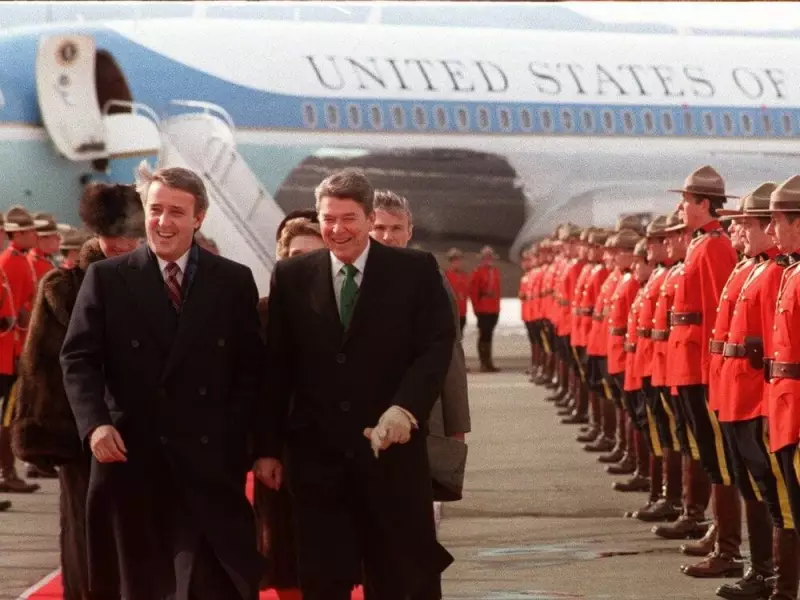
A former top adviser to President Ronald Reagan is setting the record straight about the late president's true feelings toward tariffs, revealing that the iconic conservative leader was actually "very opposed" to such trade barriers.
The revelations come in defense of a recent Ontario government advertising campaign that referenced Reagan's trade philosophy to argue against potential U.S. tariffs on Canadian goods. According to the former adviser, the campaign's portrayal of Reagan's stance was not only fair but historically accurate.
The Truth Behind Reagan's Trade Philosophy
Speaking exclusively about the ongoing trade discussions between Canada and the United States, the former Reagan administration official confirmed what many trade historians have long maintained: despite his conservative credentials, Reagan fundamentally believed in free markets and open trade.
"He was very opposed to tariffs," the adviser stated unequivocally, adding that Reagan understood how trade barriers could harm economic growth and international relationships.
Ontario's Bold Advertising Move
The Ontario government's decision to invoke Reagan's legacy in its anti-tariff campaign represents a strategic masterstroke in cross-border political messaging. By using a revered Republican figure to make their case, Canadian officials have effectively turned American conservative principles against potential protectionist measures.
The advertisements, which appeared in American publications, highlighted Reagan's commitment to free trade and suggested that current tariff proposals would betray that legacy.
Historical Context Matters
During his presidency from 1981 to 1989, Reagan frequently championed free trade principles, even as he navigated complex international economic relationships. His administration worked to reduce trade barriers and promote economic cooperation, particularly with neighboring Canada.
The former adviser emphasized that Reagan would have viewed modern tariff threats as counterproductive to the economic partnership he helped build between the two nations.
This insider perspective provides valuable context to current trade discussions and demonstrates how historical figures' actual policies can sometimes surprise those who invoke their names in contemporary political debates.





